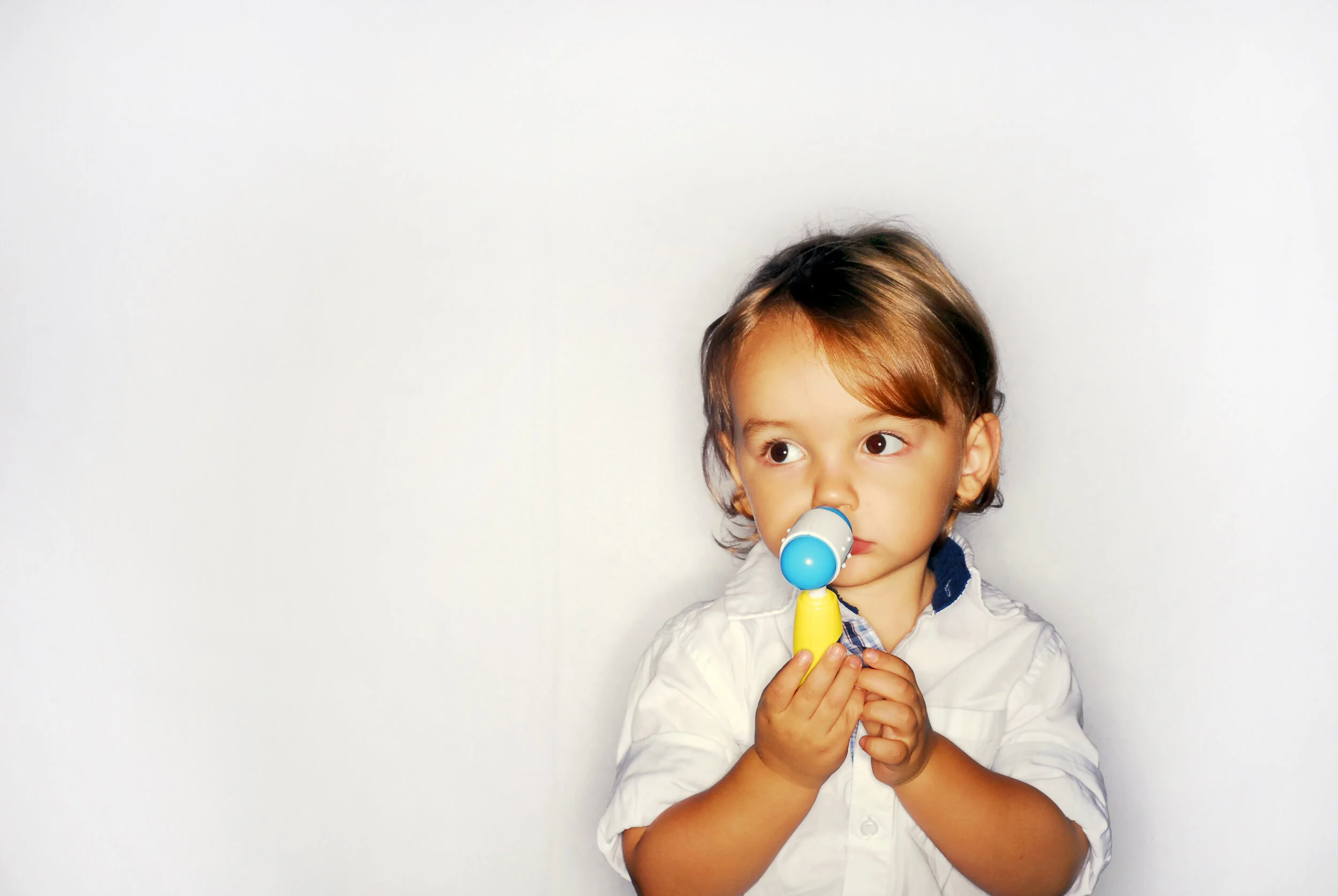The Science Behind What I Do
“Attachment is not about shielding your child from struggle; it is about empathizing with it and helping them through. ”
All workshops, groups, and parenting consultations are informed by theoretical/psychological models of infant mental health, childhood, and adolescent intervention and prevention.
Below are short descriptions of the theories/psychology:
Child Development
Understanding child development will change your life. There are few things more frustrating to parents than expecting their child to do something they are not developmentally prepared to do. I will walk you through the stages of development so that you can anticipate what will come next. Childhood is a series of advances and regressions. A child will begin to speak and then switch over to walking; his use of words may decrease while he is focused on learning how to walk. Some parents get scared and feel their child is developing a speech issue when it is a simple developmental regression. Providing parents with this sort of information empowers them and eases concerns that they are doing something wrong, or that there is something wrong with their child. I will guide you to always see your child in the context of their developmental stage.
attachment theory
The work of John Bowlby and Mary Ainsworth brought us the beginning of what is now known as attachment and bonding between parent and child. Bowlby was one of the first to consider how the relationship between parent and child is necessary for the normative development of children and their sense of safety. If attachment is injured or severed, it leads to long term maladjustment and adaptation for an individual. This happens because the adaptations to bond or defend against the threat of losing a connection with a caregiver will cause the child to create defenses and strategies that in the short term can be beneficial to their day-to-day, but in the long-term will be detrimental to their optimal functioning. With families, I evaluate and pay close attention to these patterns and help both parent and child become conscious of how it affects their present functioning.
Interpersonal Neuro-biology
Interpersonal neuro-biology is a term used to label the research of integrating different sciences (i.e. Biology, Sociology, Neuro-biology, Psychology, and Human Development) used to discover and understand the different patterns of human interaction and how they are attached to the developing brain. When applied to children and adolescents, the idea is to understand the different parts and jobs of the brain and use that information to help all those different parts work together instead of apart. An evolving brain is wiring and rewiring information continually and through multiple studies we know that this primarily happens within the relationship between parent and child. All workshops and parenting consults will touch upon the principles of integration and your child’s growing, wiring, and developing brain.
Child-Infant Trauma Intervention
Child-Infant Trauma Intervention is the study of how children’s exposure to traumatic events (domestic violence, accidents, medical procedures, death of loved one) affects development, relationships and the regulation of emotion for the child. Most treatments used to help a child who has gone through a traumatic event takes into account the parent-child relationship and how the child uses said relationship to respond to danger/safety. The parent-child relationship is crucial in healing the child’s responses to danger. I take the expertise in this field to help families with traumatic events, but also apply it to the less heavy, but still hard events (e.g. first day at daycare, moving from home, losing a pet) to help make those transitions less “traumatic.”
Group Process/Peer Support
The experience of life transitions can sometimes feel isolating. Parenting is one of those transitions that most people struggle through alone. Group process uses the relationships within the group to bring a sense of unity, normalcy, and belonging, to allow those in the group to feel safety in change as they ease into new life experiences. I believe that no one can help a parent find hope and change like another parent walking through the same struggles and triumphs.

